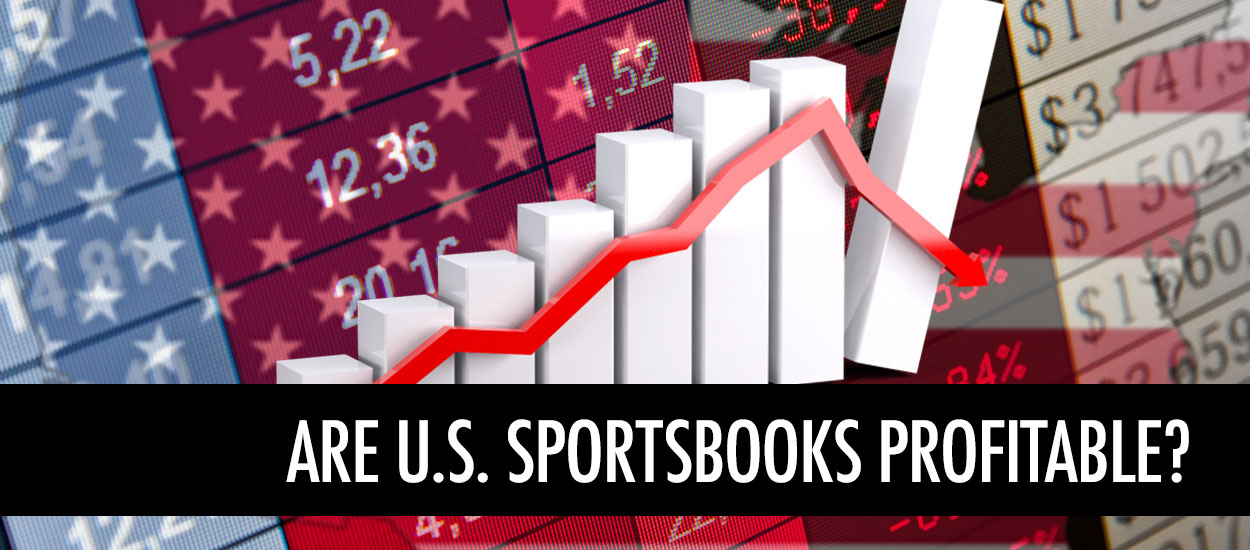Between winning bettors, competition and taxes, US sportsbooks will have a hard time being profitable
The sports betting industry was somewhat shocked last week when DraftKings CEO Jason Robins told participants at the Canaccord Genuity Digital Gaming Summit that his company wasn't interested in attracting players looking to profit:
"This is an entertainment activity. People who are doing this for profit are not the players we want."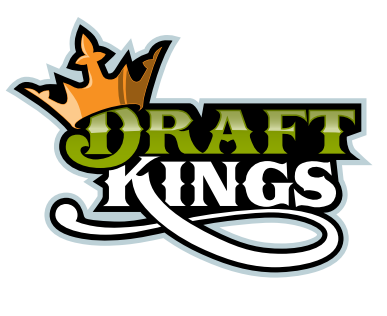 The comment immediately drew the ire of bettors who were furious with Robins comments saying that it goes against all the principles of fair play and that if the company is only interested in attracting losers then it isn’t a real sportsbook and doesn’t belong in the industry. Other sportsbooks were quick to jump aboard the comments and said that all players were welcome, winners and losers alike, since they are thinking long term and know that in the end, they will turn a profit and thus, they have no issue accepting some minuses along with the pluses. Circa Sports even tweeted that they don't need the same philosophy as DraftKings because they are not beholden to shareholders and can take some risks.
The comment immediately drew the ire of bettors who were furious with Robins comments saying that it goes against all the principles of fair play and that if the company is only interested in attracting losers then it isn’t a real sportsbook and doesn’t belong in the industry. Other sportsbooks were quick to jump aboard the comments and said that all players were welcome, winners and losers alike, since they are thinking long term and know that in the end, they will turn a profit and thus, they have no issue accepting some minuses along with the pluses. Circa Sports even tweeted that they don't need the same philosophy as DraftKings because they are not beholden to shareholders and can take some risks.
After all the backlash, Robins went on CNBC to backtrack and clarify his comments and said, "We want people to win, we just don’t want professionals, which is what any sportsbook would say." Robins also indicated he wasn't interested in bonus and promotional shoppers as they are not the clientele who generate profits. Those comments did not alleviate the anger and only made things worse. In fact, several tweeters said that Robins' comments only show that he wants to continue living in the fantasy sports world where the company absorbs no real risk.
One linesmaker at a Caribbean sportsbook told me that Robins' comments are reflective of most European sportsbook operators who simply don’t know how to use professional gamblers to help them win.
"Without question professionals like Billy Walters will win against you in the long run, but most sportsbooks that have been catering to U.S. customers understand that you have to use professionals to help you set and balance lines. Most bets in Europe are on soccer and that is an easy sport to book. The hold is quite high on the game line and proposition bets like first goal scorer, correct score or number of corners attract an inordinate number of wagers and it is almost impossible for a sportsbook to lose on those propositions. With the U.S. most bets are on NFL football and primarily the point spread. There are a couple of companies who set the opening lines and its up to the book to move the lines from there to a profitable place. If companies rely on algorithms for this, as most UK companies do, they will get killed. Professionals like Billy Walters can beat an algorithm any day just like a grand master chess champion will almost always beat a computer. In each week there will be a few games where the opening lines are off and that’s where professionals help. We welcome professionals at our site with the understanding that they will place their bets before we shop them to the public and we adjust our lines accordingly. It’s not a problem taking an early 5 dime bet from a wiseguy when we know that we can then move the line to the proper point where we’ll get action that benefits our side from the rest of the public. We also use perennial losers to help us set lines with the opposite strategy, realizing that in the long run we’ll make money taking increased bets on the side they are on. On any game there will be about 60-65 percent action on one team and the key is to make sure that you aren’t on the losing side of all of them."
I spoke to a couple of industry insiders who seemed to concur, but said that the problem isn’t solely with Robins’ view on professionals and wanting only losers, but that almost every U.S. sportsbook is implementing a strategy that guarantees they will never be profitable.
According to one analyst the industry relies far too much on computer algorithms and every decision is based on those algorithms. If there is any variance they start to panic and look for ways to "right the wrongs". The analyst called the issue slippage, a financial term which describes the variance from an expected return vs. an actual return: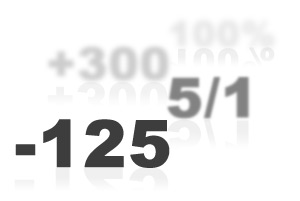 "It is abnormal that the house losses are greater than what the books say the player has won from it. The system (the betting company's algorithm) does not understand how this could happen. It concludes that somehow a syndicate out there is scalping both sides of games in some kind of spatial program that is picking out minute holes in the pricing and exploiting it. Therefore (management decides) these types have to go. What Jason and all believe is that once they have gotten rid of this gap, the losses will turn to wins.
"It is abnormal that the house losses are greater than what the books say the player has won from it. The system (the betting company's algorithm) does not understand how this could happen. It concludes that somehow a syndicate out there is scalping both sides of games in some kind of spatial program that is picking out minute holes in the pricing and exploiting it. Therefore (management decides) these types have to go. What Jason and all believe is that once they have gotten rid of this gap, the losses will turn to wins.
What is really causing the problem is a thing called beta slippage and is the worst thing you want to see on your books. The combo of the three things the platform cannot handle, and the sheer 'let her rip' volume is causing the program to have to make hard adjustments which are causing a thing known as sheer. That in turn creates this beta slippage. The force is so great that part of that slippage is being laid off on the player. It's laying off approximately three to five cents on open tickets anywhere in the system and any that win will have extra money paid out.
It's an average of 6 cents more than booked, when you put it all together. This to the system is as good as a rebate and is an even worse thing than beta slippage, something that can be managed to a degree with controls in place. It works out that the player gets 2 cents in profit and the house gets booked for 4 cents in losses. The gap between the two creates a rub that continually feeds the loss pile in a fractional way. The players are literally playing with the house's money at all times. It’s as good as playing on a take free exchange."
The insider also said that parlays and proposition bets are killing the industry in the U.S. There was a time when sportsbooks would accept parlays only on same sport spreads and total, but now they seem to be willing to let bettors parlay anything, as long as the bets are independent. So, most of the U.S. mainstream sports books will allow a bettor to parlay say an NFL moneyline with two NFL props, an NHL total and an NBA prop. Props are known to be the weakest link in most sportsbooks simply because there are so many of them that some numbers have to be off, often due to injuries, weather and other factors beyond the control of the book that they may not know about, but locals may. And allowing players to parlay say four bad lines together quadruples the losses of the sportsbook. It also allows bettors to parlay a bunch of heavy favorites to make a bet worthwhile. Few bettors, even sharps, are willing to bet a line at -500, but if a bettor can parlay 4 bets at -500, then instead of being a bet at 1/5 odds that isn’t very attractive, the bet now becomes a bet at +107 and a book is therefore paying more than even money on a wager that the book will lose far more often than they win.
Another analyst I spoke to agreed that the philosophy of the sportsbooks that they, ‘must win on everything they book’, is counterproductive and illogical. But he also suggested that a major problem relates to the over competitive nature of the industry, as well as taxes, in most U.S. states.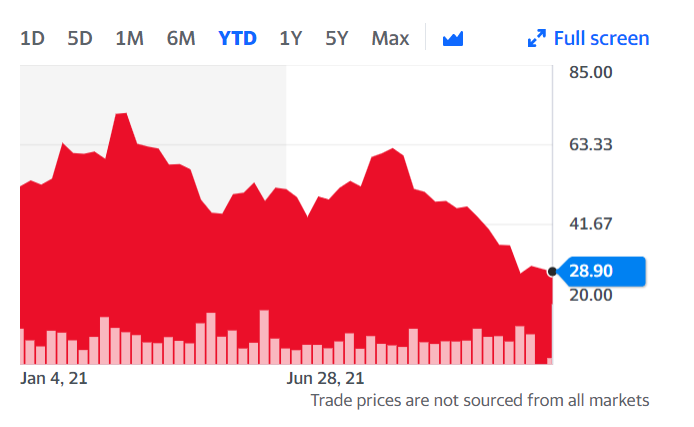 "There used to be a time when sportsbooks were both competitors and allies as they knew they needed each other to help turn a profit. If sportsbook A had heavy action on one team, they could turn to sportsbook B and ask if they would take some of the action if that book was more balanced or skewed to the other side. It was a way to offset one-sided action without moving lines to a point where a book leaves itself open to middles, scalps or even a guaranteed loss position (which the aforementioned insider called beta slippage). Books even allowed players to transfer money between them as a favor to the players and also to keep the relationship strong. It was how Vegas worked and thrived and it's how most companies offshore operate. But nowadays everyone is the enemy. DraftKings sees BetMGM and FanDuel as their competitors and they would rather put themselves in a loss situation than work with that other company to help balance lines. At least FanDuel can use the Betfair platform they own to help, but DraftKings is stuck, as they are on an island of their own.
"There used to be a time when sportsbooks were both competitors and allies as they knew they needed each other to help turn a profit. If sportsbook A had heavy action on one team, they could turn to sportsbook B and ask if they would take some of the action if that book was more balanced or skewed to the other side. It was a way to offset one-sided action without moving lines to a point where a book leaves itself open to middles, scalps or even a guaranteed loss position (which the aforementioned insider called beta slippage). Books even allowed players to transfer money between them as a favor to the players and also to keep the relationship strong. It was how Vegas worked and thrived and it's how most companies offshore operate. But nowadays everyone is the enemy. DraftKings sees BetMGM and FanDuel as their competitors and they would rather put themselves in a loss situation than work with that other company to help balance lines. At least FanDuel can use the Betfair platform they own to help, but DraftKings is stuck, as they are on an island of their own.
The competitiveness of the companies is so great that they have also put themselves in a situation where they can't win due to taxes. The margins of most sports betting companies are low to moderate. After you factor in overhead, player acquisition and retention costs, salaries, advertising and promotion costs and a few other miscellaneous expenses, it doesn't leave a lot of wiggle room. Yet these companies are so desperate to be one of the companies given a license in a state that they are willing to take a bad deal. Sportsbooks in Vegas do not make that much despite a 6.9% tax rate, so how in the world do these companies plan to make any profit paying 36% tax on revenue to Pennsylvania and 50% to New York? English books were furious when the gaming regulator there demanded 15% tax on gross profit saying they can't make it work, and a lot of that country's books closed, moved or merged as a result. But somehow, DraftKings and Pointsbet are going to make a profit paying 50% to the state of New York? 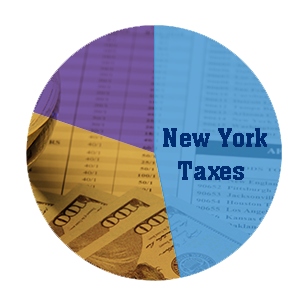 This is where the books should have gotten together and said to each other "listen we all want to operate here but we can never be profitable with these tax rates, and we need to push back. We should all band together and agree to a maximum tax rate that we know we can make work." If all the books said we won't pay more than say 20% tax, what was New York going to do? Tell them they are going to set up their own state-run sportsbook that will pay the 50% tax instead? Good luck with that. But that isn't how they think. In an attempt to beat each other to the punch, they have accepted rotten deals that will guarantee losses forever. What is almost certain is that you will see a lot of mergers and hostile takeovers because the losses will pile up to a point where many companies will have to wave the white flag."
This is where the books should have gotten together and said to each other "listen we all want to operate here but we can never be profitable with these tax rates, and we need to push back. We should all band together and agree to a maximum tax rate that we know we can make work." If all the books said we won't pay more than say 20% tax, what was New York going to do? Tell them they are going to set up their own state-run sportsbook that will pay the 50% tax instead? Good luck with that. But that isn't how they think. In an attempt to beat each other to the punch, they have accepted rotten deals that will guarantee losses forever. What is almost certain is that you will see a lot of mergers and hostile takeovers because the losses will pile up to a point where many companies will have to wave the white flag."
So, Jason Robins put his foot in his mouth by effectively saying that the blight of the industry is professional gamblers who win consistently and the solution is to weed them out. Not only could this be counterproductive to the company, but it’s also really just a scapegoat for the company’s mounting losses and a reluctance to deal with the real reason DraftKings and others aren’t doing as well as they should - their over competitiveness in a desire to corner the market. It is pretty clear that if these companies want to win, they need to work together and at the very least get better deals on tax rates. And they also need to stop relying solely on computer algorithms. Unless they make these necessary changes, it is unlikely any mainstream, licensed and regulated sports books in the United States will ever turn a profit.
Read insights from Hartley Henderson every week here at OSGA and check out Hartley's RUMOR MILL!










